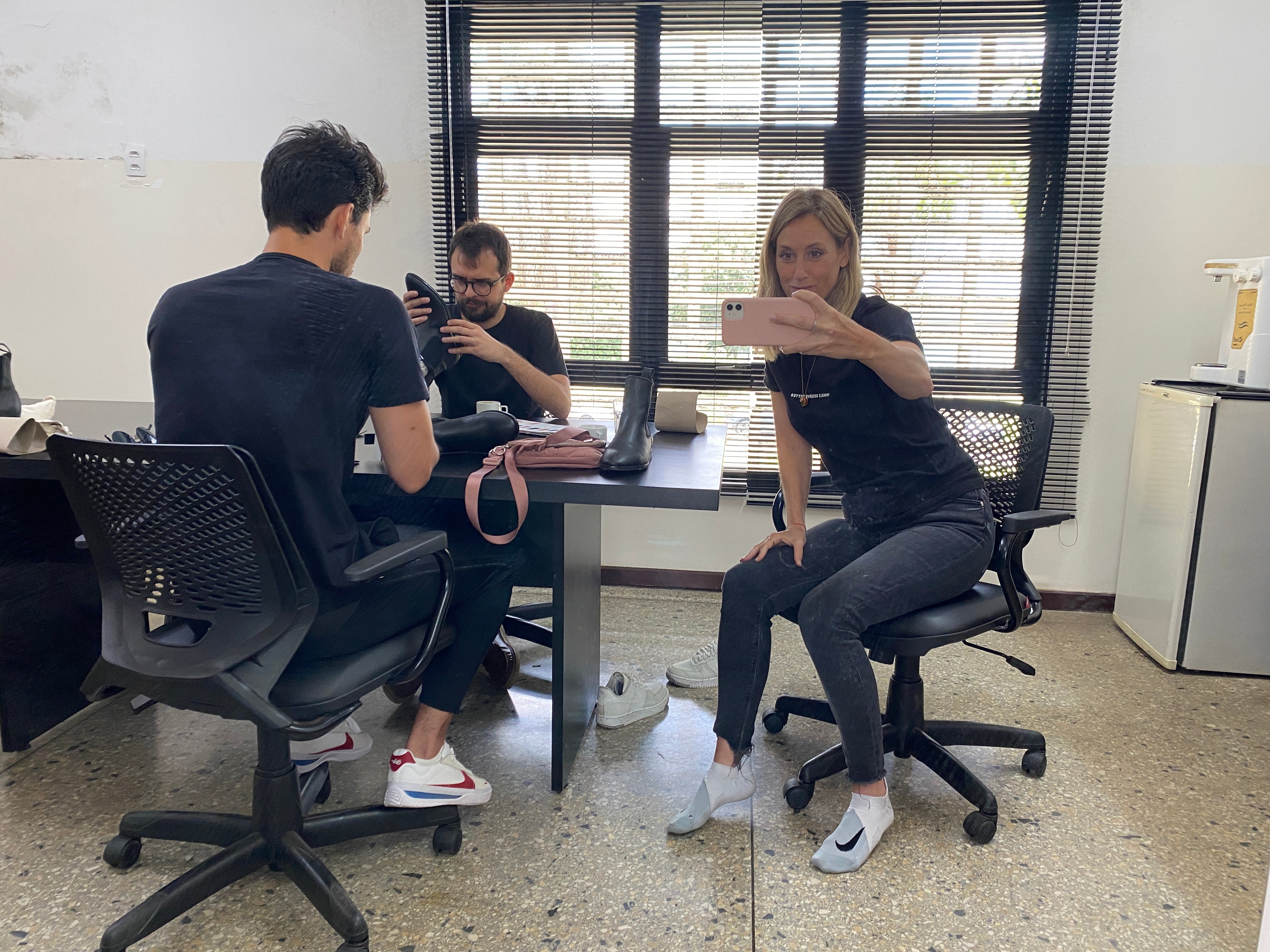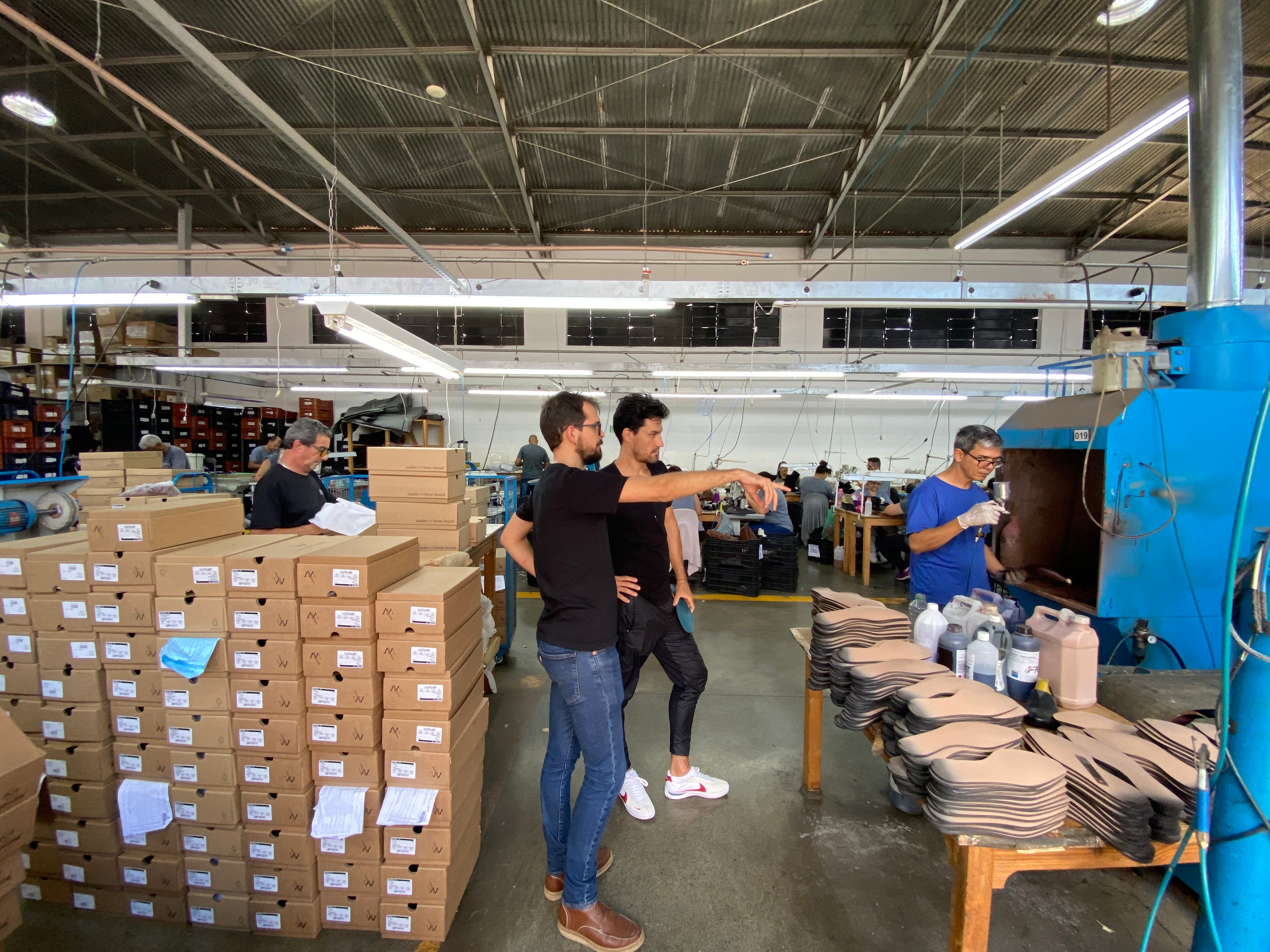Introducing Corn Leather: A Sustainable Alternative to Animal Leather
In the quest for eco-friendly fashion, consumers are increasingly turning away from traditional animal-derived materials like cow leather, known for their devastating environmental footprint. With over one billion animals killed annually for their hides, the toll on both wildlife and the planet is significant. But while synthetic alternatives exist, they often come with their own set of environmental concerns, stemming from their petroleum-derived origins.
Enter corn leather, the latest contender in the sustainable materials arena. Derived from organic plant-based sources, specifically corn, this innovative textile offers the durability and style of traditional leather without the ethical or environmental drawbacks. With no animal deaths involved and a substantially reduced impact on the planet, corn leather is quickly gaining traction among conscientious consumers.
One of the key environmental advantages of corn leather lies in its production process. Unlike animal-derived leather, which often involves the use of chromium in the tanning process—a highly toxic substance harmful to both workers and nearby communities—corn leather is chromium-free and GM-free, further enhancing its eco-friendly credentials.
As a vegan leather alternative, corn leather represents a significant step forward in ethical and sustainable fashion. It not only eliminates the need for animal materials but also offers a comparable look and feel to traditional leather, coupled with impressive durability and wear resistance.
Of course, like any material, corn leather is not without its limitations. It does contain a percentage of plastic, albeit significantly less than animal leather, which is often coated in it. However, when compared to both animal skins and traditional synthetic alternatives like PVC and PU, corn leather emerges as a far more sustainable choice.
One of the standout features of corn leather is its exceptional durability and longevity, provided it is properly cared for. This means that not only does it offer an ethical and sustainable alternative to animal leather, but it also boasts practical benefits that make it a worthwhile investment for conscious consumers.
In a world where the fashion industry is increasingly under scrutiny for its environmental impact, corn leather represents a beacon of hope—a tangible example of how innovative materials can help pave the way towards a cleaner, more sustainable future for fashion. So, while perfection may be elusive, corn leather certainly offers a promising step in the right direction.
https://fairware.com/vegan-leather-vs-real-leather-for-the-merch-industry/
https://circumfauna.org/leather-water-footprint


